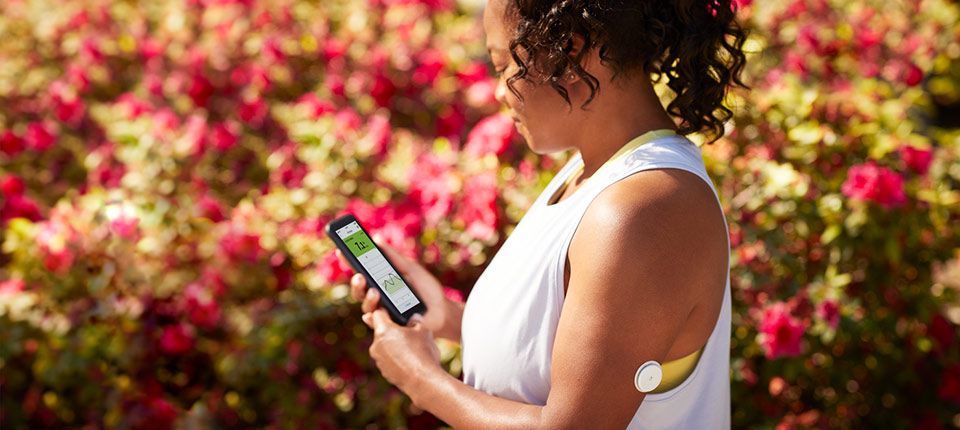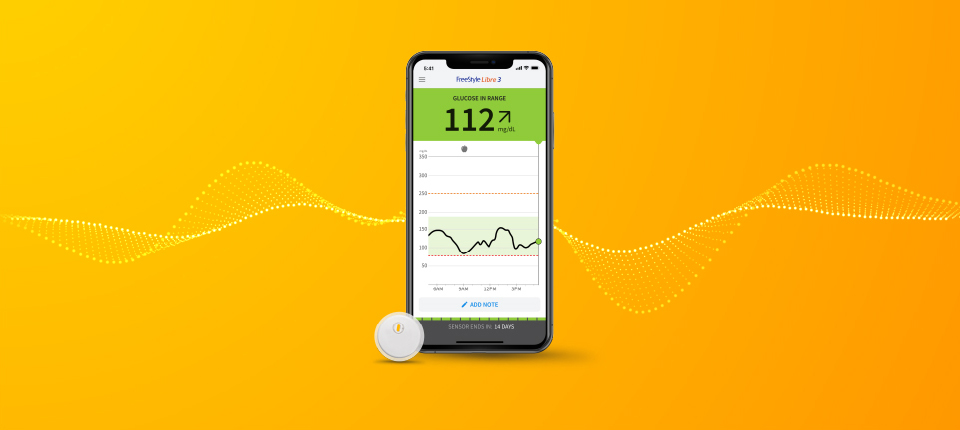One of the first steps to managing diabetes is making the right dietary changes to help manage your blood sugar. Nutrition and diabetes are undeniably connected, but there are so many myths out there about diabetes nutrition that it can sometimes be hard to separate fact from fiction.
Here are five myths about diabetes and the truth that will help you manage the condition:
1. People with Diabetes Should Never Eat Sugar
Yes, binging on cookies or candy will raise your blood sugar. But sweet foods can be part of a well-balanced diet for people with diabetes. The important thing is to find the portion size that works for you. Each individual will have a different amount of carbohydrates they can eat in a day. How you use this budget is up to you.
Nutrition and diabetes tip: If you like to eat large portions, using up all of your carbohydrates for sugar will likely leave you hungry and unsatisfied. Instead, see sweets as an occasional treat and focus on making healthier carbohydrate choices at meals.
2. Sugar Causes Diabetes
Diabetes is a complex disease that, according to the American Diabetes Association, does not have one specific cause. Weight, lifestyle, diet, ethnicity, age and genetics, each influence your risk of diabetes. An individual food or nutrient — even sugar — does not cause diabetes. However, a diet high in sugar is generally higher in calories, which can lead to weight gain, increasing that risk factor.
Nutrition and diabetes tip: Moderate your sugar intake, especially sugar-sweetened beverages.
3. Special Foods Are Required to Manage Diabetes
Like everyone else, people with diabetes should strive to maintain a well-balanced diet, but separate meals need not be prepared for different family members. Well-balanced meals, which include lean protein, vegetables, healthy fats and whole grains, are good for everyone and can help manage blood sugar.
Nutrition and diabetes tip: Certain convenience foods made specifically for people with diabetes can simplify eating. Glucerna products, for example, are made with balanced nutrition in mind. They are made with low glycemic carbohydrates and have protein to help manage hunger. These can be a great, easy snack or a balanced meal replacement when time is an issue.
4. Since Protein Doesn't Raise Blood Sugar, Fill Up That Plate
Although protein doesn't impact blood sugar as much as carbohydrates, every one has a different amount they should eat in a day.
Protein is a highly satiating macronutrient that helps keep you feeling full after meals; and a high-protein diet may help people lose weight more effectively than a standard-protein diet; see Obesity Facts . But protein, if not used to build muscle, or other necessary molecules, will be converted to calories, and too many calories can lead to weight gain.
Nutrition and diabetes tip: Instead of focusing on eating more protein, concentrate on eating a balanced diet.
5. Cutting Out High-Carbohydrate Foods will Manage Diabetes
Your carbohydrate needs can vary depending on your age, weight and physical activity level. Because carbohydrates have the greatest impact on blood sugar, figuring out the right amount of carbs your body needs will take some time. Working closely with your healthcare team may help you find this balance faster and easier.
Nutrition and diabetes tip: Consider seeing a registered dietitian. They can help you troubleshoot your nutrition and build an individualized diet that suits your lifestyle. Start by focusing on better carbohydrate quality, and choose low glycemic index options, as well as foods with more fiber.
Managing diabetes is an ongoing process. Your nutrition needs change during your life, and is also dependent on the progress of your condition. Learning as much as you can about diabetes nutrition is the best way to manage your blood sugar and live your best life.






FOLLOW ABBOTT